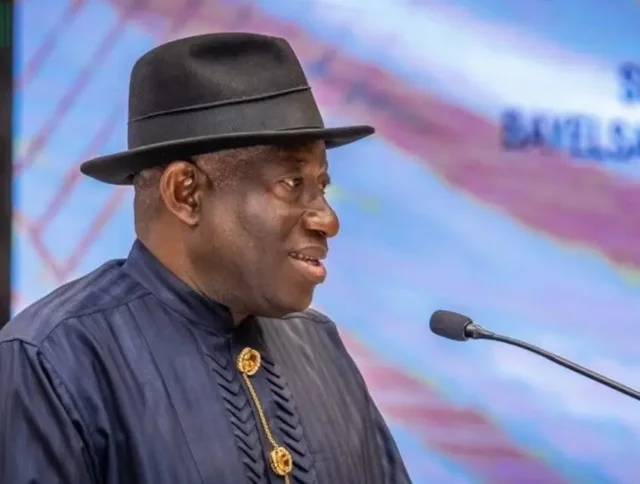
Following the unsuccessful attempts to establish a national airline after the defunct Nigerian Airways, the government has stepped up efforts to create a new national carrier. Aviation industry experts have proposed various strategies to turn this vision into reality, OLASUNKANMI AKINLOTAN writes
Many Nigerians still recall how the previous administration’s attempt to launch Nigeria Air in the final days of former President Muhammadu Buhari’s tenure ended in disappointment. For over two decades, the country has lacked a national carrier since Nigeria Airways stopped operating in 2003 and was officially liquidated in 2004 due to mounting debts and poor performance.
After repeated promises to restore a national airline, then-Minister of Aviation Hadi Sirika unveiled Nigeria Air in Abuja on May 27, 2023, just two days before leaving office. Sirika had earlier assured Nigerians that the airline would begin operations before May 29, 2023, but that never happened—just as the earlier April 2022 launch date failed.
Controversy followed when it was revealed that the aircraft displayed at the unveiling was actually chartered from Ethiopian Airlines. In defense, Sirika stated on AriseTV that an agreement had been reached for three Ethiopian Airlines aircraft to start operations once Nigeria Air’s Air Operator Certificate (AOC) was ready. He explained that the aircraft used during the unveiling was part of a marketing strategy approved by the airline’s owners, emphasizing that Ethiopian Airlines were “masters of the game.”
However, in July 2024, Sirika’s successor, Festus Keyamo, suspended the entire project, awaiting President Bola Tinubu’s final decision. Reacting to comments from Ethiopian Airlines Group CEO Mesfin Tasew, who revealed that Nigeria had lost interest in the partnership, Keyamo’s aide reaffirmed that the project “remains under suspension.”
The deal with Ethiopian Airlines had long faced criticism. Keyamo previously described it as unfavorable to Nigerian airlines, warning that allowing a foreign company to dominate Nigeria’s airspace would stifle local growth.
Originally unveiled at the 2018 Farnborough International Airshow in London, Nigeria Air was designed to operate under a joint ownership structure involving the Federal Government, private shareholders, and Ethiopian Airlines, which was to handle management operations and connect Nigeria to global destinations.
However, the Airline Operators of Nigeria (AON) filed a lawsuit against the Federal Government, citing lack of transparency, fairness, and equity in the deal. In 2022, a Federal High Court in Lagos issued an interim injunction restraining the government from proceeding with the project. Later, in August 2023, the same court nullified the sale of Nigeria Air shares to Ethiopian Airlines and ordered that the government’s plans to establish the airline be halted entirely.
Following irregularities uncovered in the process, the Federal Government officially suspended the project. Subsequently, the Asset Management Corporation of Nigeria (AMCON) suggested merging Arik Air and Aero Contractors—both under its management—into a new national carrier. According to an AMCON official, this merger would help the government revive the national airline dream without the huge financial burden of acquiring new aircraft.
While some industry experts support this approach, others advocate for a flag carrier model instead of a national carrier. They argue that private-sector participation—similar to KLM, Lufthansa, or British Airways—would ensure sustainability without direct government funding.
Historically, Nigeria Airways, founded in 1958 after the collapse of the West African Airways Corporation, once operated over 30 aircraft and symbolized national pride before its demise in 2003 due to mismanagement, corruption, and debt.
Proponents of reviving a national airline argue that it could boost economic growth, retain capital flight—estimated at $2.3 billion annually lost to foreign carriers—and create employment opportunities. Moreover, a national carrier could aid in emergency evacuations, as seen during crises like the Russia–Ukraine war and Sudan conflict, when private airline Air Peace had to step in.
Critics, however, stress that success would depend on political will, transparency, and professionalism. Aviation analyst Sheri Kyari noted that only through selflessness, unity, and reduced ethnic and political interference can Nigeria establish a sustainable national airline.
Ultimately, whether through a national or flag carrier, experts agree that Nigeria must act decisively to reclaim its place in global aviation—this time with integrity, local participation, and a vision for long-term growth.




